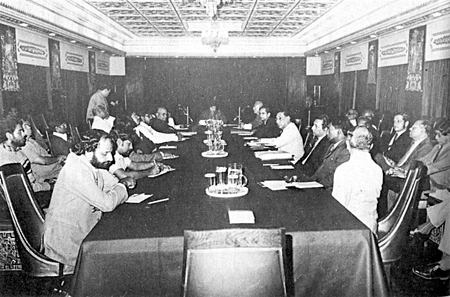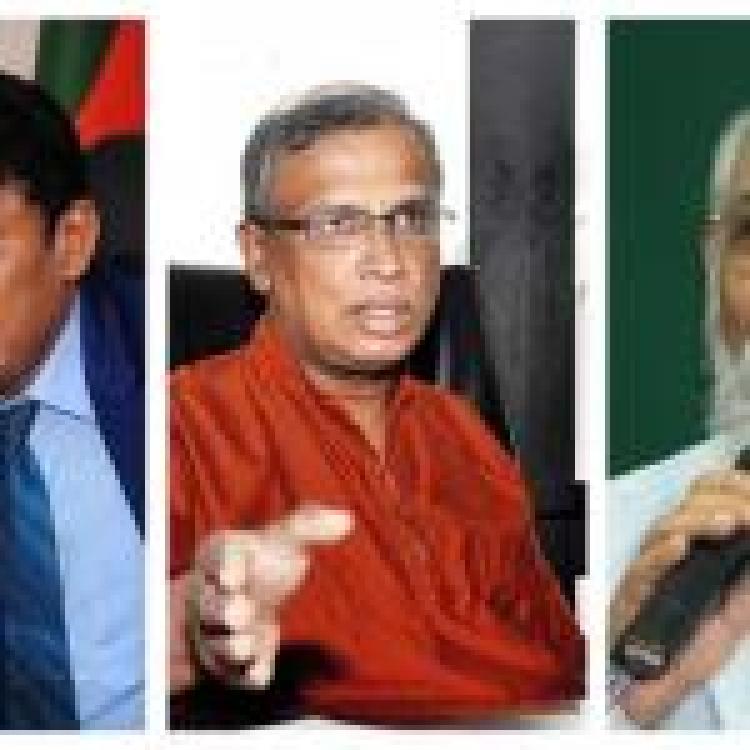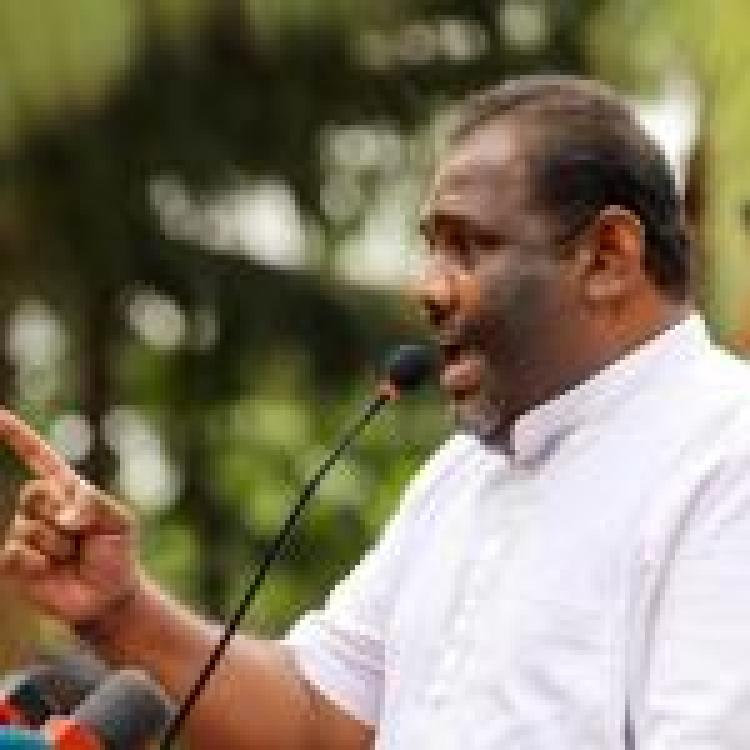![]()
As India’s foreign minister Subrahmanyam Jaishankar visited Sri Lanka on Thursday, Tamil National People’s Front (TNPF) leader, Gajendrakumar G. Ponnambalam has written to the minister urging for a federal solution, in rejection of Sri Lanka’s 13th amendment.
“Ever since the 13th amendment to the constitution of Sri Lanka was introduced, the Tamils have rejected it on the grounds that for as long as the structure of the State remains Unitary, no meaningful autonomy and self-government can be achieved” Ponnambalam writes.
The TNPF leader goes on to state that given that Sri Lanka’s Supreme Court has the last word on constitutional matters and has persistently ruled against devolutions and maintained Colombo as “the sole repository of all power”. Thus, “the way in which the 13th amendment is practised today is, in fact, the 13th amendment being fully implemented”.
He further warned that an acceptance of the 13th amendment, even as a starting point, would pose a grave danger as “it would mean that the Tamils for the first time in our history will be accepting a unitary constitution”.
“Such a step runs the very risk of the Sri Lanka State taking up the legal position that since the Tamils have accepted the Unitary constitution, there no longer remains an ethnic conflict” Ponnambalam states.

In his letter, he draws back to Thimpu principles of 1985 in which the Tamil nation unified behind the demand for self-determination during discussions with Sri Lankan and Indian government.
Read more here: Remembering the Thimpu principles
“If negotiations are to be serious and honest then the leaders of the Sinhala Nation must tell her people that, a solution can only be achieved by going beyond the unitary state structure and considering a federal structure and at the same time seeking to constitutionally ensure the unity of the country” he urged.
Ponnambalam stressed the need to recognise both the Sinhala and Tamil nations “along with each of their distinct sovereignties, within a United Sri Lankan state”. He further noted the need to meet the aspirations of Muslims in the North-East and the Upcountry Tamils.
The statement concludes by highlighting that India, more than any other country, has leverage over Sri Lanka and urges for the Indian government to state with Tamils, “in their rejection of any proposal within the Unitary state structure and instead support a federal Constitution for Sri Lanka that will recognise and safeguard the Tamil Nation and will allow the realisation of the Tamil people’s inalienable right to self-determination”.
Read the full statement here.






